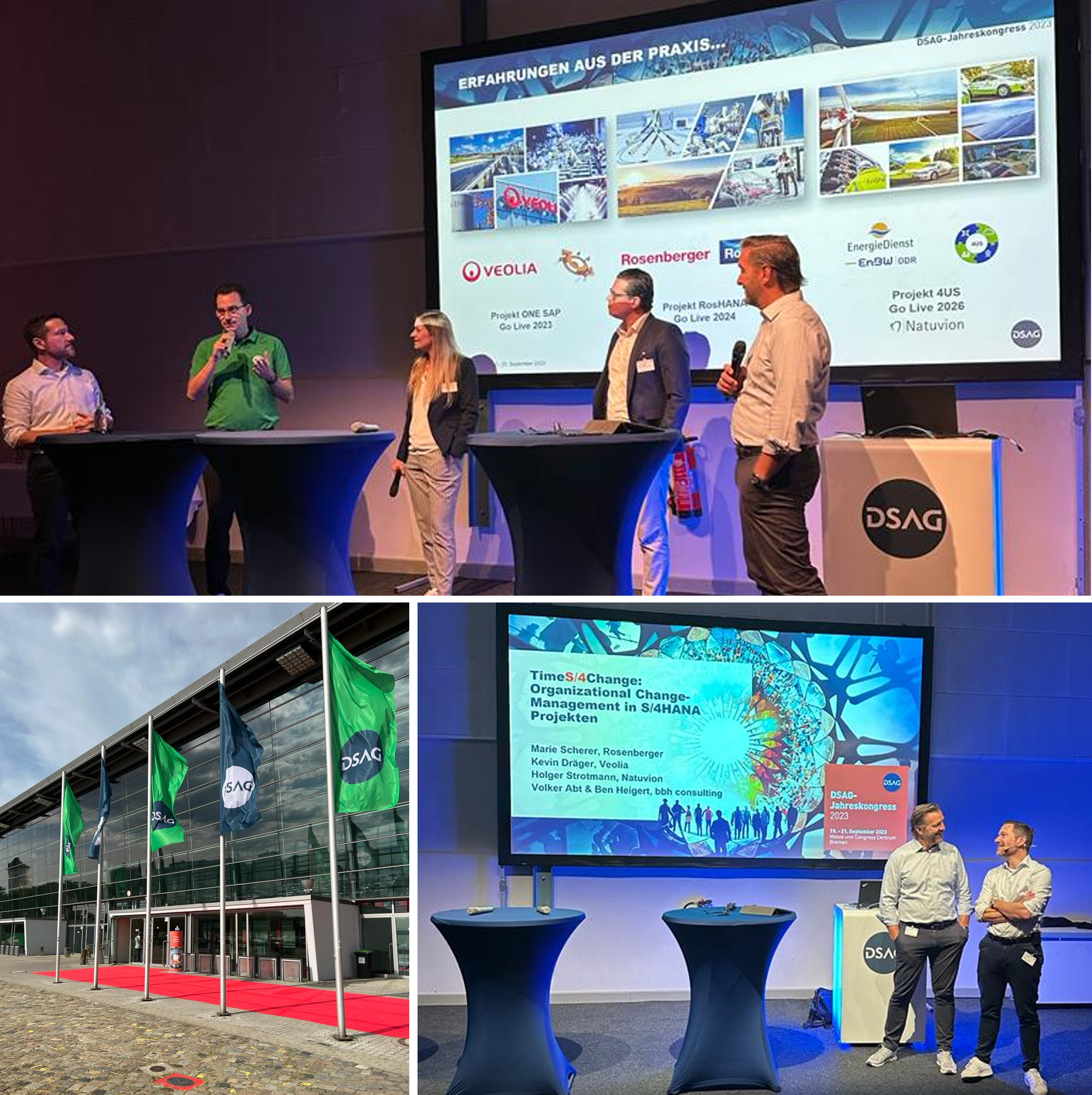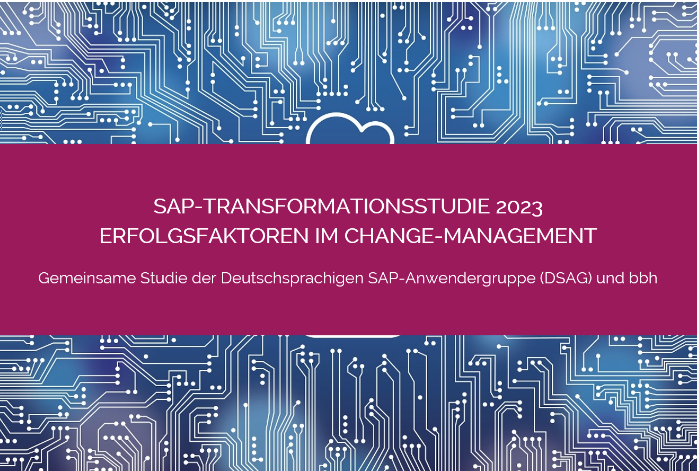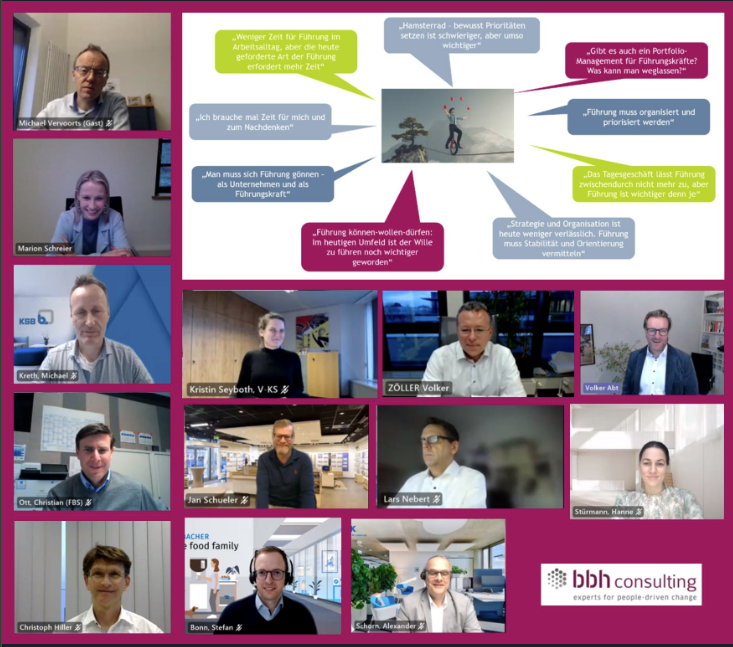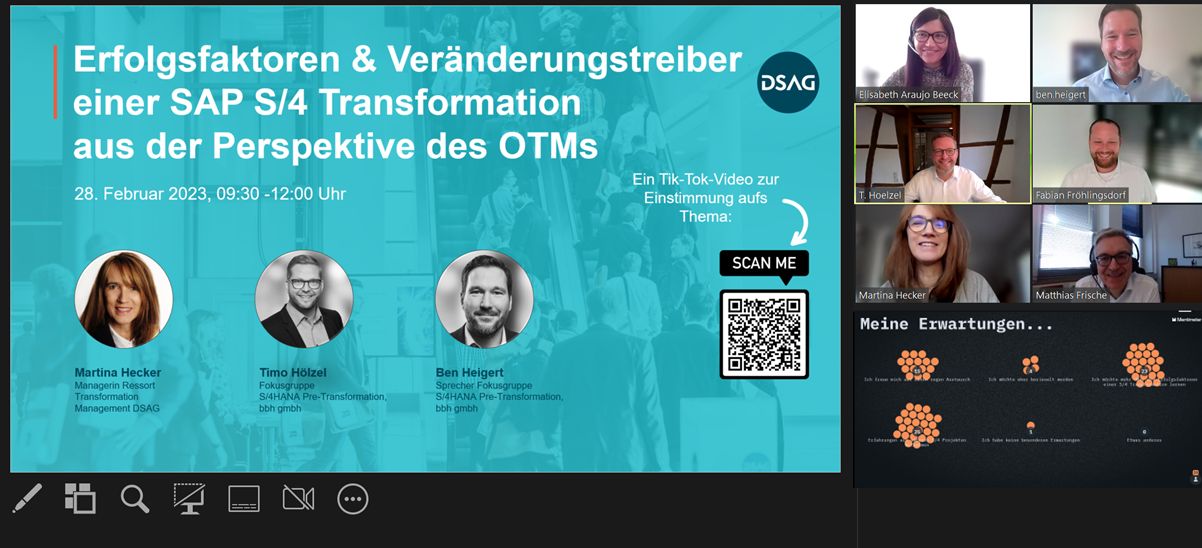Leadership Development and Change Management in Production
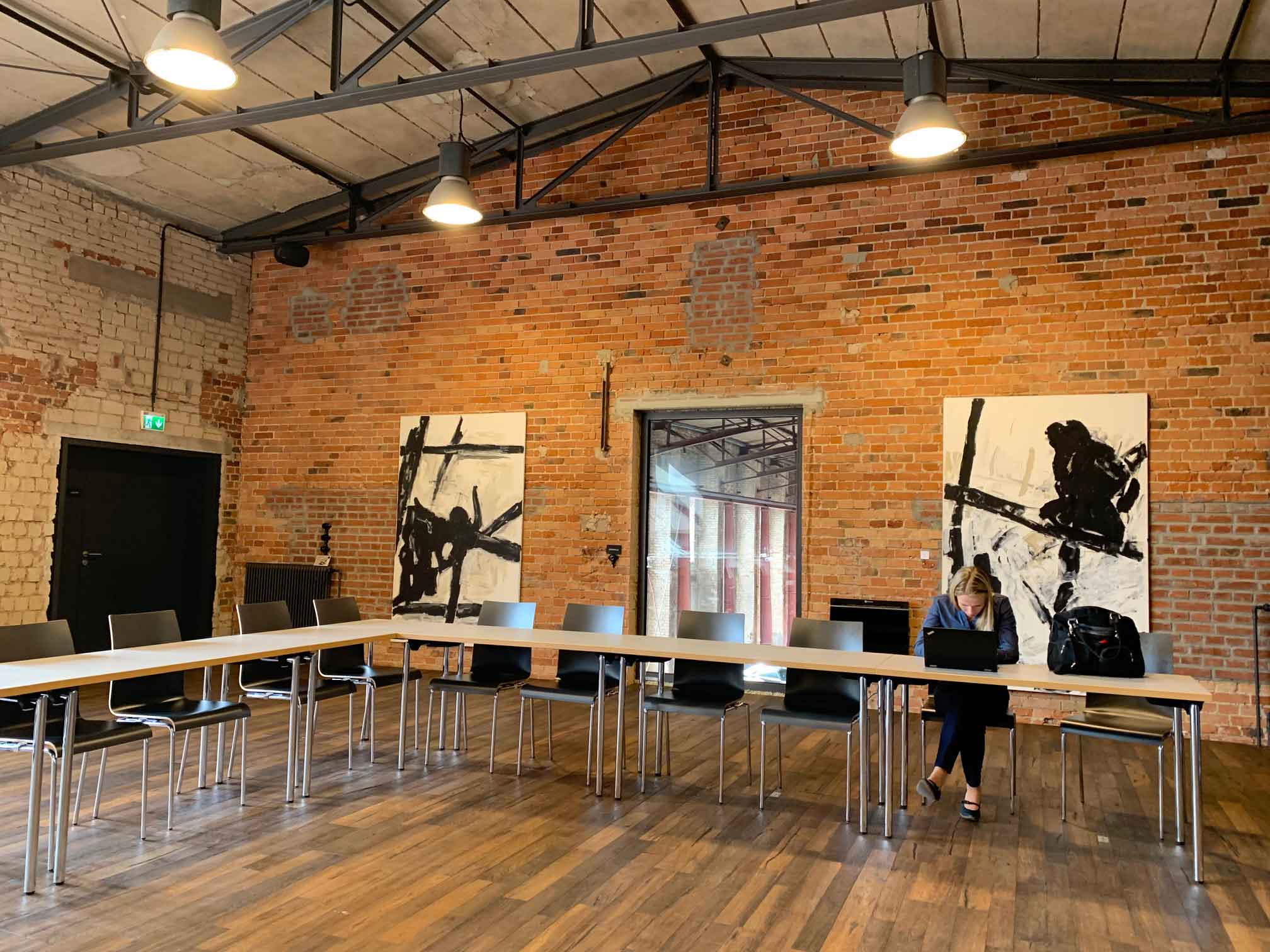
Facing Shortage of Skilled Workers by High Leadership and Management Quality – also at the Operational Level!

Current surveys show that companies consider shortage of skilled workers as the biggest risk for the German economy. Especially the first line managers – as the “lowest level” of management – reach most of the skilled workers. They take care of the everyday experience and thus of employee commitment, retention of skilled workers and their productivity. Many companies pay far too little attention to the meaning of leadership quality at this level and have not enough confidence in first line managers. Even though the first line management task is not easy and much more than only organizing the own team. This management role also includes:
- Coaching and developing employees
- Retention and motivation of qualified specialists, strongly demanded on the labor market
- Resolving interpersonal and partially cross-cultural conflicts
- Representing and implementing management decisions and strategies which are difficult to understand for the employees
High social competencies, assertiveness, willingness to change and readiness to move and develop other people are required to fulfill this management role. To a certain extent, strategic thinking is needed too: How can I develop my team? What are the impacts of corporate change initiatives for me and my team? What does the corporate strategy mean for my entity? – But: Can you really expect this from first line managers? – Yes – and you will be surprised which potentials these hands-on leaders show.
Project Approach: Leadership Development and Change Support with a Direct Reference to Everyday Work

A proven way to improve leadership and management quality are trainings. Although we are no off-the-job-training experts, we have set up a leadership development program for a German engineering group. This program is tailor-made to the target group of first line managers and fulfills, despite the off-the-job-character, our aspiration for sustainability and reference to everyday life.

The reference to everyday work was our top priority, since we reach for changes in day-to-day work. We ensured that by individual preparation in form of preliminary talks with participants and their superiors. By this, we were able to customize the contents to the specific challenges. Between the single modules, the participants were asked to transfer the learned tools to their individual leadership situation and present this to the group. Instead of theoretical role plays, individual “real-life” challenges were discussed in small coaching sessions. For a sustainable development of the entire organization, the superiors of the next two levels also were involved with feedback sessions between and after the trainings.
Outcomes of the Change Support by BBH
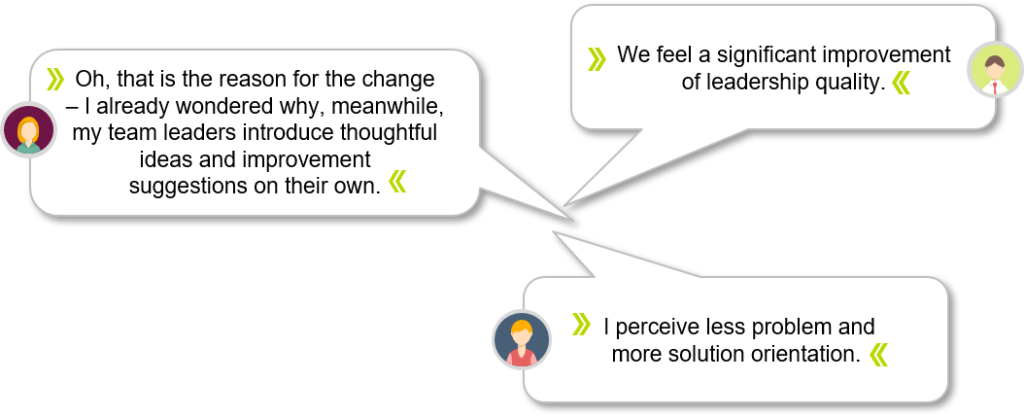
A special feature of this program was the training organisation across sites and divisions and every module was combined with a factory tour near the conference hotel. Therefore, participants could exchange views during the workshop, learn from best practices and got insights about other plants. Beside the learning effect, the participants had much fun and perceived the fact that their superiors let them take part in this program as real estimation.



